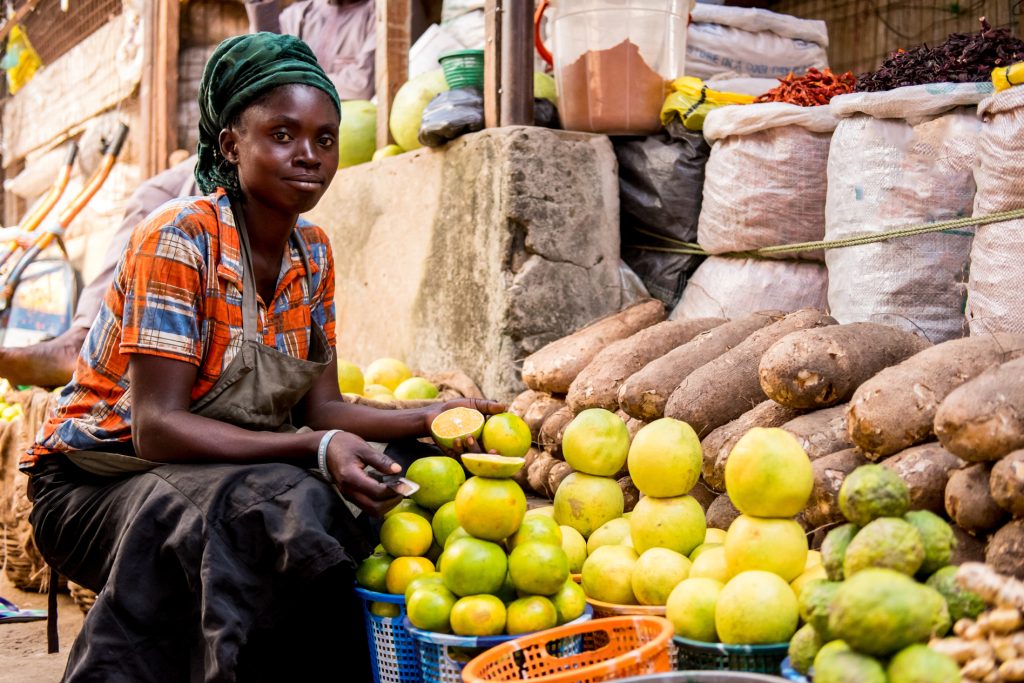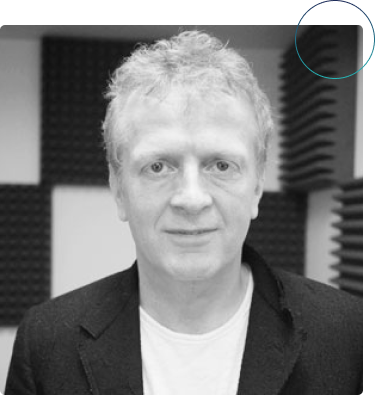Using storytelling to motivate change, the team sets ambitious goals to scale up interventions.
Development Media International (DMI) is a social enterprise on a mission to create evidence-based behavior change campaigns to improve health and save lives. With active projects in nine countries in Sub-Saharan Africa (and previous campaigns in Latin America and Asia), their international team works to deliver campaigns at scale to maximize impact and cost-effectiveness.
To reach as many people as possible, DMI uses mass media campaigns to encourage audiences to protect themselves from disease, seek treatment at the right time and help them to plan and raise healthy families. Their campaigns tackle pressing global issues such as family planning, child survival, early childhood development, nutrition, water, sanitation and hygiene and emerging, infectious and neglected diseases.
Reflecting on the COVID-19 pandemic, Roy Head, CEO, explains that “Although we had no idea how bad things would get in Africa, we did know that some of the last institutions to collapse in a crisis are radio and television stations. A survey we commissioned in Burkina Faso showed an extraordinary 81% of women cited radio as their primary source of information about COVID-19.”
With urgent needs to address, Roy and team set ambitious goals to expand their scope and reach. This would require finding new partners and avenues for funding, yet the organization found it challenging to break through in new donor circles, particularly outside of foundations. Roy says, “We were optimally qualified but we were having trouble getting on bids or securing the right contracts. We felt like we were doing something wrong, we weren’t hitting the nail on the head or with the right hammer. We needed help from specialists to reach new opportunities.”
Valuing expertise over a process
Roy admits “I was deeply suspicious of consultants and their process. That’s my bias. We just wanted real experts in this field who could genuinely advise us.” When looking for outside help, the team had a lot of requirements. Roy continues, “They needed to be experts in development, they needed to be experts in USAID and other target donors. They needed to be close enough to our field but not competitors. And they needed to have real, solid experience in how to secure contracts and a deep understanding of how these donors work.”
After reviewing the strengths and weaknesses of various consultancies, Mann Global Health stood out. “It was that real expertise that we wanted, rather than the process.”
Morning image of an adult African woman, in traditional clothing, smiling at a young African male while they are in their garden.

Focused problem-solving
Once the partnership began, Roy and the team were keen to hone in on key areas to solve their problem. “What we didn’t want was a big fat document reporting everything, most of which we already know. We wanted to focus on what was important.”
“It came down to two crucial messages for us regarding our positioning and delivery. The first was helping us to move beyond simply impact and results. We had to focus on shared priority areas such as sustainability and localization. And the second was positioning ourselves as a one-stop-shop for communications, otherwise, we risk being too niche. We’re already having much better conversations with consortium partners as a result. And implementing these changes bit by bit.”
On the importance of listening
Despite Roy’s skepticism of consultants, he began to feel at ease after the first few meetings with MGH. “They understood our model, they took the time to understand how we work. Even though I was resistant to a lot, they worked around our concerns. They really listened to what was important to us.”
Reflecting on the collaboration, Roy says, “Aside from the expertise, they were lovely to work with, as people. Even when there were bumps in the conversation, which were to be expected since there were serious intellectual issues to work out, I still felt like they were warm, even funny. It was very enjoyable.”
